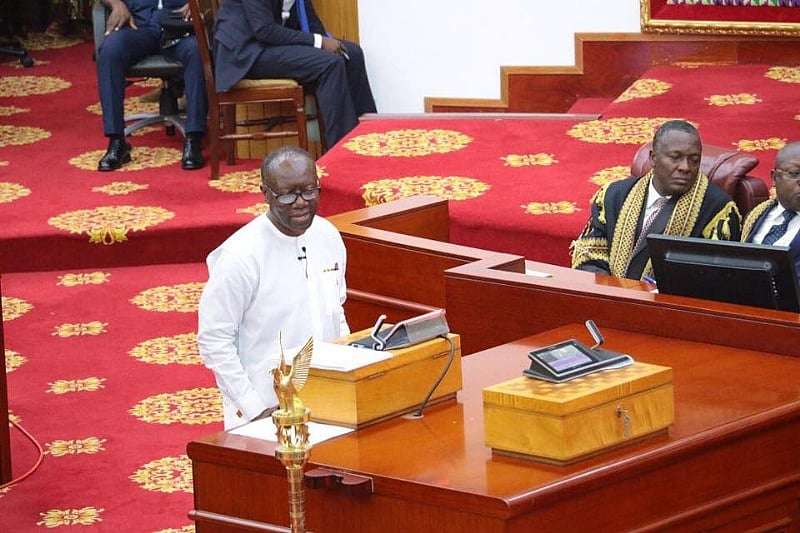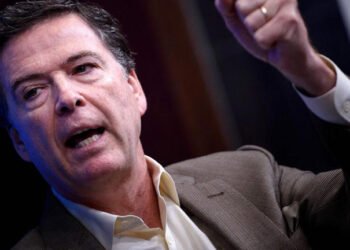Ghana’s Parliament through the Speaker has earmarked November 15 2023 for the presentation and subsequent appropriation of the 2024 Budget Statement and Economic Policy of the government.
Interestingly, the 2024 budget is an election-year budget as well as the country’s first budget under the three-year US$ 3 billion external credit facility programme with the International Monetary Fund.
It is also technically the last budget for President Akufo-Addo and the New Patriotic Party’s two terms in office.
Undoubtedly, Ghana’s economy is in distress, with its industrial core in meltdown mode, potentially resulting in growing joblessness, poverty, and long-term loss of government revenue.
For instance, the overall industrial production fell by nearly 2% in the second quarter of 2023, with the exception of the mining and quarrying sector, which increased by 3.5%.
The sub-sectors driving the decline, on a year-over-year basis, were manufacturing (-0.5%), water supply, sewerage, waste management, and remediation activities (-3.3%), construction (-11.7%), and electricity (-5.1%).
“Trade, repair of vehicles, and household goods” fell by 5.3% in the services sector, while “forestry and logging” fell by -4.2% in the agricultural sector. The first quarter was even worse, with a 3.2% loss in the manufacturing, construction, and water and sanitation sectors of the overall industrial sector.
Accordingly, Ghana’s industrial sector suffered greatly in the first half of 2023, which was a setback for the country’s larger economic reform.
With the above disturbing revelation, the question is, would the 2024 budget restore the hope of ordinary Ghanaians?
As often characteristics of any election year budget, the 2024 budget of the current government would have to consider several factors, particularly due to the current economic situation of the country.
The nature of Ghana’s budget during an election year often reflects a mix of economic, political, and fiscal considerations.
In general, budgets in election years tend to be influenced by political factors, as political parties, particularly parties in government mostly seek to gain voter support by making promises and embarking on massive developmental projects.
For instance, the election year budget is mostly influenced by election promises. Political parties, especially, party in power mostly make ambitious promises during election campaigns, which is often considered in the budget.
These promises may relate to social programs, infrastructure development, job creation, and public sector wages.
Again, election year’s budget mostly includes populist measures such as increased public spending, tax cuts, or wage hikes to appeal to voters. Budget allocations for social programs like healthcare, education, and poverty reduction may increase to appeal to voter sentiments.
Additionally, public sector wage increases are often a common feature in election year budgets, as they are a significant part of the electorate. It is not therefore surprising to hear the University Teachers Association of Ghana (UTAG) leading the charge for the government to reconsider its condition of service else it will embark on strike action.
The above factors mostly compound together to create a severe economic environment for the country post-election year.
For instance, according to the International Monetary Fund government’s fiscal deficit of Gross Domestic Product (GDP) or financing gap was 16% of GDP in 2020.
This made it one of the highest among low-income developing countries. Zambia followed closely with a budget deficit to GDP ratio of 13.9%.
In 2016, data from the Bank of Ghana (BoG) indicated that the budget deficit widened to seven per cent of total economic output, measured by gross domestic product (GDP), against a target of 4.7 per cent.
A Parliamentary Showdown Between 137 Minority Caucus And 137+1 Majority Caucus
For the ruling New Patriotic Party, the 2024 budget would play a significant role in its ambitious vision and mantra to break the eight.
The successful formulation and implementation of the 2024 budget will have a great impact on its electoral fortunes in the 2024 general elections.
As expected of a typical Majority Caucus in Africa’s Parliament, the Kyei Mensah-led Majority Caucus would therefore employ any means to ensure that the government budget is approved regardless of the circumstances.
The Speaker of Parliament in his welcome address to Members of Parliament upon resumption of parliamentary business after two months of recess cautioned the House to adopt a consultative and consensus-building approach throughout the 2024 budget process.
However, the Minority in Parliament through its Leader, Dr Cassiel Ato Forson indicated that it will make sure the upcoming 2024 budget statement undergoes rigorous examination from the minority side.
According to the former Deputy Finance Minister, his caucus would oppose the budget statement if it fails to prioritize the welfare of the average Ghanaian.
Even though budgeting in an election year poses unique challenges and considerations for governments, governments must strike a balance between addressing immediate political pressures and maintaining a focus on long-term fiscal responsibility and the welfare of the country.
This will help ensure economic stability and sustainability, regardless of election outcomes.
READ ALSO: 2024 Budget: Minority To Give Government A “Showdown”



















